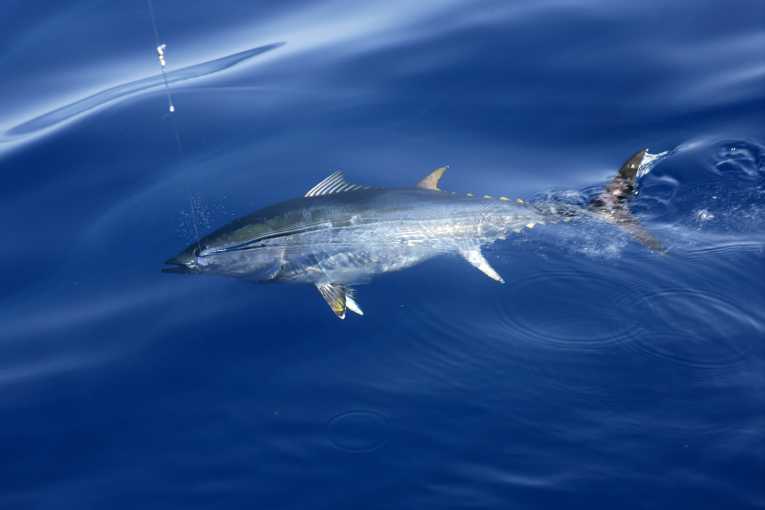Our oceans have long been regarded as limitless suppliers of food, but the technological advances in our fishing techniques allow us to harvest fish at an unnatural and devastating rate. Poorly managed fisheries are rapidly depleting fish populations and thus damaging the integrity of marine ecosystems, some of which may be unable to recover.
One of the solutions is sustainable fishing techniques; an alternative that commercial fisheries are less likely to adopt. With the demand for sustainably caught fish on the rise, WWF has informed us of their new partnership with handline fishers in the Coral Triangle of the Philippines, in an effort to lead them into the sustainable fishing market.
Handline fishing is a single hook method that catches fish individually; a far more naturally approach with little effect on the environment or other marine life. The selective nature of handline fishing is more likely to target larger mature tuna, giving the ones who haven't yet reproduced a better chance.
The fishery, however, has quite a ways to go when it comes to meeting global standards, which is where WWF will work the most. According to WWF, ''The management plan will protect tuna stocks and the socio-economic requirements of its stakeholders through infrastructure improvements, including a traceability system, scientific monitoring methods, safety standard procedures and product quality measures both at local and national levels.''
This project will not only benefit local fisherman by giving them a boost in a niche market, but it will provide more responsibly-caught tuna to the European market. And of course, benefit the health of tuna population in the Coral Triangle. Let us hope that knowledge gained from this project will benefit future fishing practices in the region, and expand on the sustainable fish projects.
WWF reports that the project is being party funded by the German Investment and Development Agency (DEG) and supported by Bell Seafood, Coop Switzerland and Sea Fresh.










